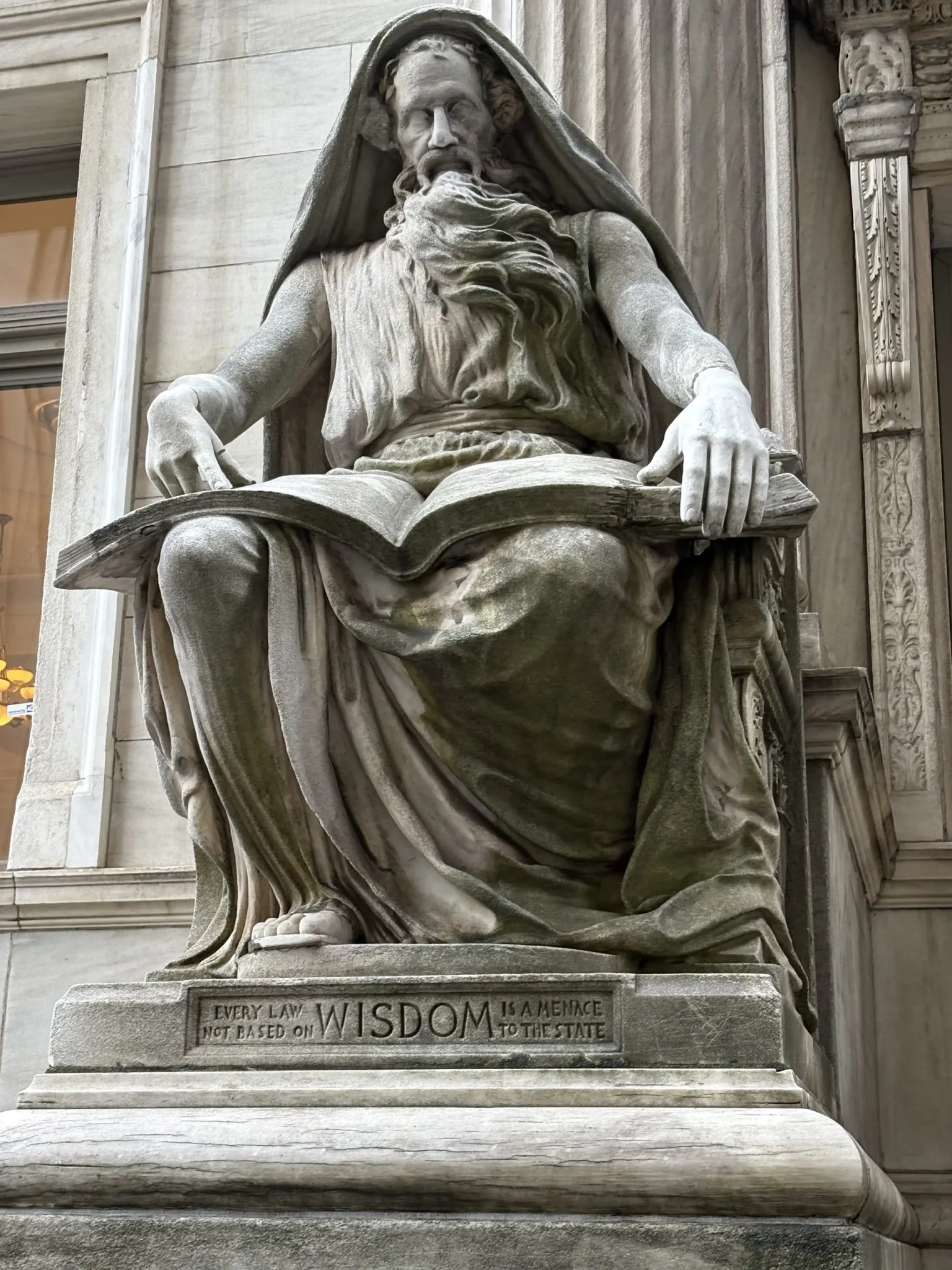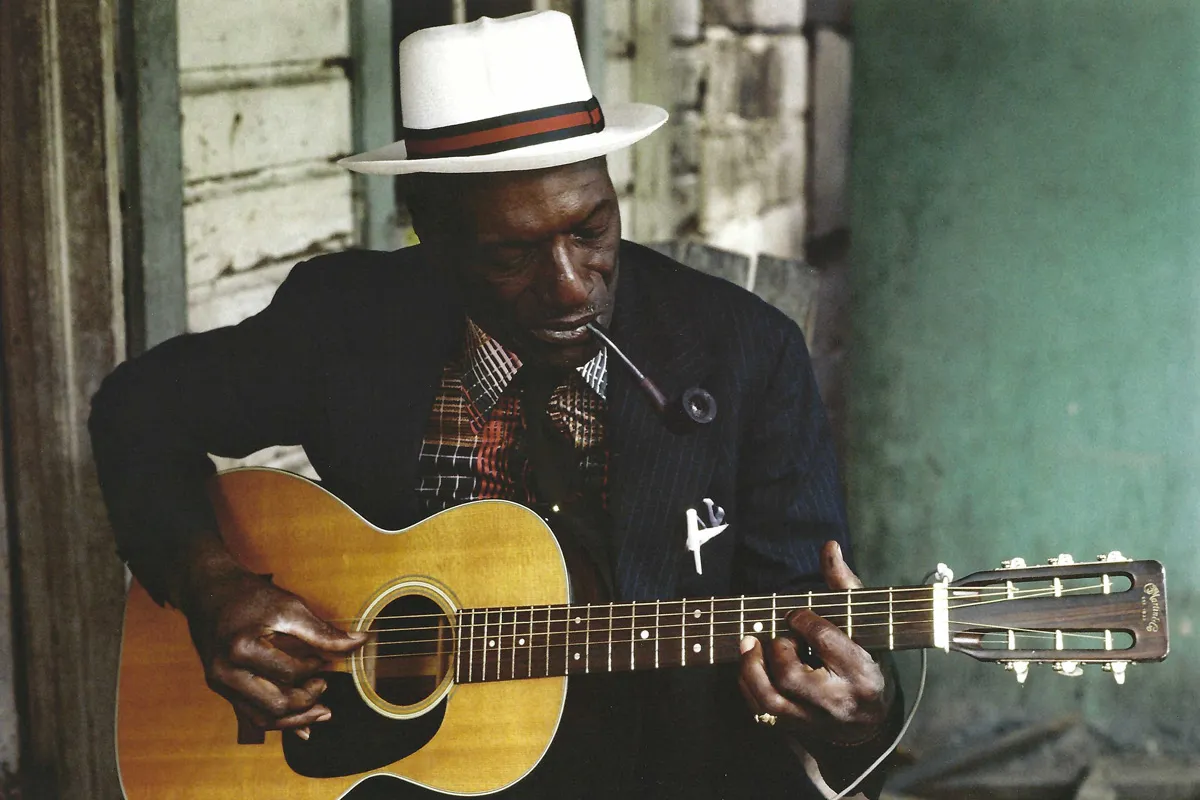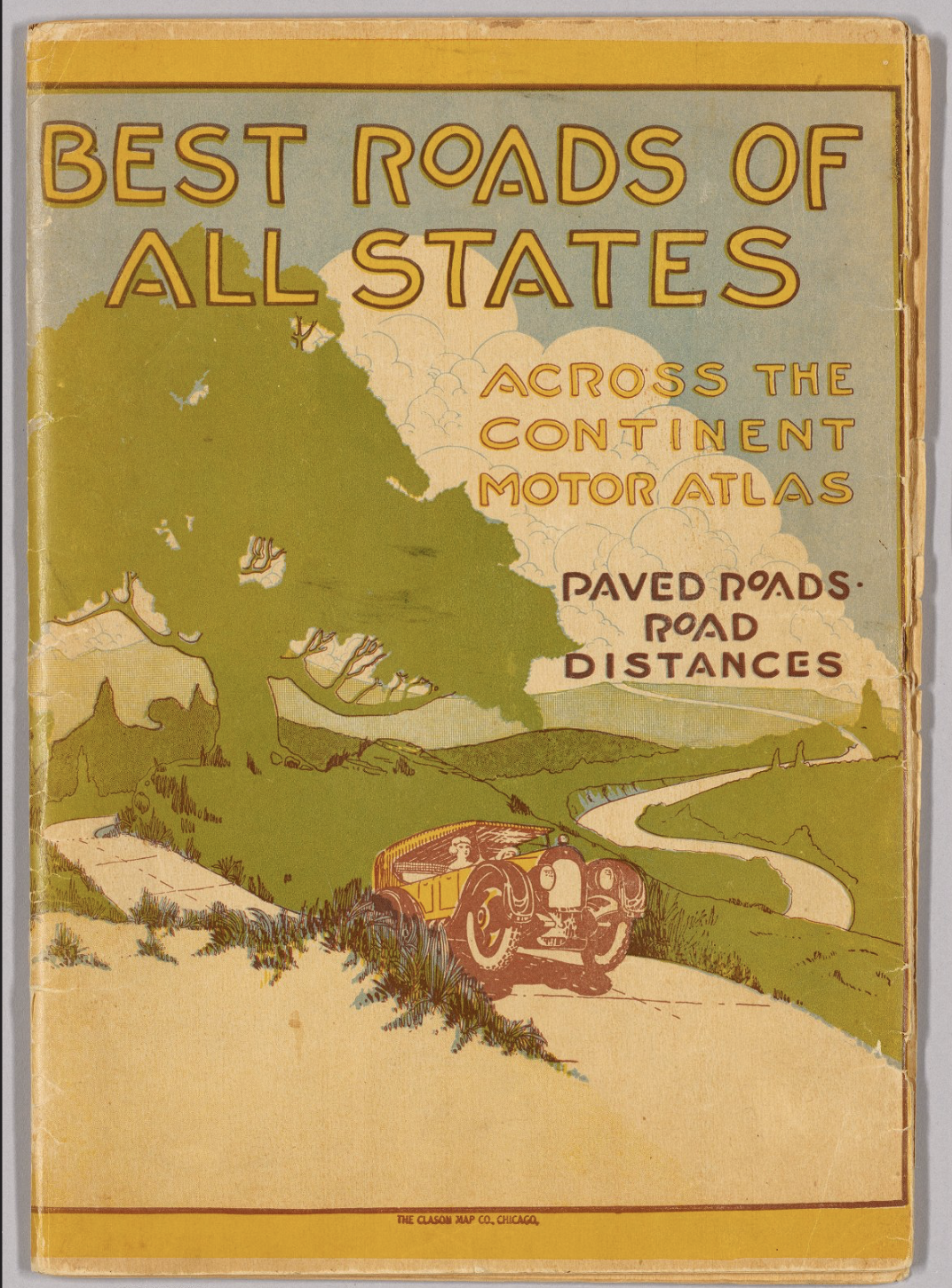Here’s another point-and-shoot shot, from two years later, at Cheakamus Lake. One of the most beautiful places I’ve ever visited, and not widely known outside of B.C.

Nothing special about this picture, which was taken with a Sony Cybershot in November 2004 — but I remember the circumstances very well: This was taken on Mount Seymour. Less than half-an-hour before taking this picture I was in downtown Vancouver, where the temperature was 55º. When I got out of my car and started walking around in the ice and snow I felt that I had been teleported to a different region.

I have no evangelical trauma story. While I am genuinely sorry for those who do have trauma stories, I come up short when scanning my own experience in evangelicalism for cults of personality, charismatic grifters, or spiritual abuse. I am keenly aware such things happen, because the algorithms that deliberately amplify such occasions won’t let them escape anyone’s notice. But my lived reality of “evangelicalism” (I’ll explain what I mean by this below) was in practice not flashy unfaithfulness but unflashy faithfulness. This is not the stuff from which bestsellers are wrought.
I wrote about a curious phrase in The Brothers Karamazov.
From an anthropological study by Polly W. Wiessner:
Control of fire and the capacity for cooking led to major anatomical and residential changes for early humans, starting more than a million years ago. However, little is known about what transpired when the day was extended by firelight. Data from the Ju/’hoan hunter-gatherers of southern Africa show major differences between day and night talk. Day talk centered on practicalities and sanctioning gossip; firelit activities centered on conversations that evoked the imagination, helped people remember and understand others in their external networks, healed rifts of the day, and conveyed information about cultural institutions that generate regularity of behavior and corresponding trust. Appetites for firelit settings for intimate conversations and for evening stories remain with us today.
I spend a lot of time reading the arguments of my nonfiction writer friends and admirees — peers in policy, academia, journalism — and I am plenty often convinced by them in the usual way. I am convinced by their logic and by their evidentiary appeals. I desperately need that persuasion as nourishment, and I seek out minds much sharper and more skilled than my own. I need a steady diet of their ideas to think with. I’m acutely aware of my limitations.
But I don’t really long to join these writers in that kind of persuasion, to have that form of something to say…. I want to be convincing about what it feels like to be a human being.
SAME.
The story of Pandora’s box isn’t about closing it. AI music is already a part of the technological landscape we live in; however, it won’t dominate that landscape forever. In fact, I would suggest its dominance may be very brief indeed.
Why? Cause it sucks.
I’m not going to link to the fully generative AI “country” song that supposedly topped a Billboard chart recently, cause I don’t want to give it any more clicks. Let’s just assume it’s as bad as you imagine, cause in fact it’s worse. As is most everything that AI churns out. It’s beyond imagination because it doesn’t come from one.
♫
I wrote a post about how, in late 1941, both Dorothy L. Sayers and W. H. Auden decided to retell the story of Jesus.
Can AI tell us anything meaningful about Bob Dylan’s songs? | Aeon Essays:
One theme steadily rises over the entire course [of Dylan’s career as a songwriter]: time. Its persistent ascent through the decades aligns intuitively with Dylan’s own aging and increasing preoccupation with legacy, and the passage of years.
♫
Kingsnorth knows full well that this hermit’s path is closed to most of his readers, just as he knows that he himself is no purist. He acknowledges that he makes his living off The Machine as a Substacker: “Even we romantic Luddites are doing much of our lamenting on the internet.” What is most provocative about Against the Machine is not Kingsnorth’s diagnosis of modernity but his insistence that, if you are troubled by a culture of no limits, you can still take some stands, even if they’re only small ones: Shun the chatbots and don’t engage with AI unless you have no choice. Lose the smartphone and “bring your children up to understand that the blue light is as dangerous as cocaine.” Seek out wild places and remember that your body is not made to be hacked or optimized but to connect you to the earth beneath your feet. Touch grass, quite literally, and do your best to connect with other people who want to do the same.
Via Steven Heller

Much of my life has been spent in and around religious traditions. I have feasted at Eid al-Fitr with my Muslim cousins, celebrated Seders at home with my in-laws, recited a Sanskrit mantra as I meditated alone, and attended a nuptial Mass conducted by a cardinal. In my childhood, I sang in an Anglican school choir in England, went to Sunday school back home in Ghana in an interdenominational church (dressed in my Sabbath finery), and murmured “Now I Lay Me Down to Sleep” in prayer each night before I retired. My weekly recitation of the Nicene Creed was quite sincere, even if I always had difficulty understanding how Christ could be of “one substance with the Father”; the words had some extra-semantic resonance. Like millions of people, I have experienced the inward peace that comes from meditation — the sense of oneness with everything that is spoken of in contemplative traditions from around the world; but I have felt that sense of communion, too, at the end of a long season of training, rowing with my fellow oarsmen in perfect concord on the Thames near Henley, when my body was working as hard as it ever has. Then, as in the daily meditations of my teenage years, I felt with the Blessed Julian of Norwich, who lived six centuries ago, that “all will be well and all will be well, and all manner of things will be well.” As a child, I gained security from a gold cross that hung on a chain around my neck, which had been blessed by a spirit that spoke through the mediumship of a modest Scottish postman, who also reassured me by transmitting benevolent messages from my long-dead English grandfather.
And because much of my childhood was spent in Kumasi, in Ghana’s Ashanti region, I followed my father in pouring libations to our ancestors, who were once as real to me as the God whose presence I felt when I prayed. We would offer spirituous beverage, in particular, to the founder of my father’s lineage, the warrior Akroma-Ampim. Nana Akroma-Ampim, begye nsa nom: Akroma-Ampim, our elder, come take this alcohol to drink. We would honor, too, our formidable greatgrandmother Takyiwah, or her brother Yao Antony, for whom, like Akroma-Ampim, I was named. Mind you, my father was an elder in his Methodist church and considered himself a good Christian; but as a proud Asante man, he also shared the “traditional” beliefs of the world where he grew up. If he dreamed, it meant that his sunsum — a spirit of consciousness — was traveling the realm; when he died, he believed, something would leave his body and join the ancestors, to be given offerings on occasion. He joined in practices related to Nyame, the sky god, as well as to Asase Yaa, the earth goddess, and to other spirits of divers kinds. There were ritual practices and prayers, and professional priests and shrines of varying degrees of authority and various scopes of jurisdiction. (When he visited friends in, say, Sierra Leone, he expected that, just as the people were different there, so the gods would be: alternative technologies of the divine.)
Leszek Kołakowski, Preface to The Presence of Myth (1972):
I venture to say – and in this I merely follow many brave masters of the art of philosophy – that I am simply making available the existing inheritance. This enables me to refrain from a precise division between thoughts that are mine and those that are others', especially since this is an impossible task; for it is impossible to remember all those to whom one owes something, and in the final analysis it would assuredly turn out that whatever we have, we owe to others.
Just came across in an NYT article the phrase “post-SoundCloud rap glamlord” — a fine example of a peculiar style of writing about music that was pioneered at Pitchfork twenty years ago. You don’t describe or analyze, you just accumulate references to kinds for the benefit of Those Who Know. It’s all about sorting-by-kind. I call it Typological Stacking.
Beautiful new tune by Julian Lage — with John Medeski on organ! ♫
I worried the other day about the lack of coordinated resistance to the ecological damage done by the explosion of AI datacenters, and it turns out that there’s more resistance than I was aware of: here’s Mark Hurst at Techtonic interviewing Paul Mozur of the NYT.
In the TLS, Austin Spendlowe says that my biography of Paradise Lost is “an enduringly readable work of intellectual history that will justify the ways of Milton to many.”

